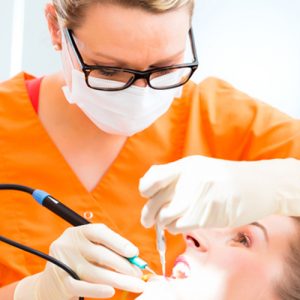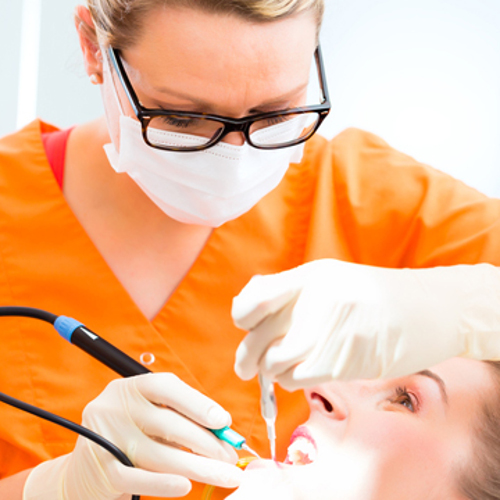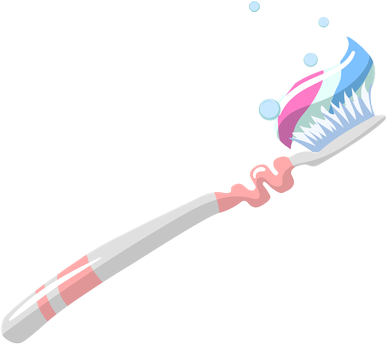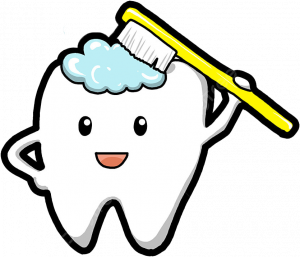 Bloomsburg, Danville, and Lewisburg, PA
Bloomsburg, Danville, and Lewisburg, PA
What do you think of when you hear the term, dental deep cleaning? This may conjure images of an intense, painful procedure and provoke frightening thoughts.
There is no reason to be alarmed. Not only are dental deep cleanings rather common, but they also are one of the most useful treatments in the fight against gum disease.
To illustrate here is a look at how a dental deep cleaning differs from the routine cleanings you receive as part of your regular visits to the dentist for cleanings and examinations.
A regular cleaning, also known as a “prophys” or “dental prophylaxis,” uses scaling and polishing procedures to remove plaque and stains. These cleanings should occur every six months, and the typical patient who receives it maintains an excellent regimen of at-home oral hygiene and has healthy gum tissues and that do not bleed when gently probed.
A deep cleaning, on the other hand, entails root planing—which is considered one of the best methods to remove tartar and plaque from teeth, and the gum pockets surrounding the teeth. This root planing can be performed with manual tools or ultrasonic scaling tools.
Root planing typically requires multiple visits to the dentist to complete the procedure.
How can you tell if you need a dental deep cleaning? A dental hygienist uses a probe to measure the depth of gum pockets around your teeth. If these pockets are 5 millimeters or deeper, then a deep cleaning could be needed. The National Institute of Dental and Craniofacial Research (NIDCR) states that probe depth for healthy gums should be no more than 3 mm deep.
Deep dental cleanings, in combination with daily brushing and flossing, should improve the health of your gums and teeth. Patients who have a deep dental cleaning also typically are recommended to use an anti-bacterial mouthwash on a regular basis as well.
If you have any questions about a dental deep cleaning, or you have exhibited some of the early signs of gum disease such as gums that are red, tender or bleeding, then you should contact a reputable dentist as soon as possible. Hamilton Dental Care has experience diagnosing and treating gum disease. Contact our office at (570) 387-0533 to schedule a consultation.
Hamilton Dental Care serves patients in the areas of Bloomsburg, Danville, and Lewisburg, PA.







Comments are closed